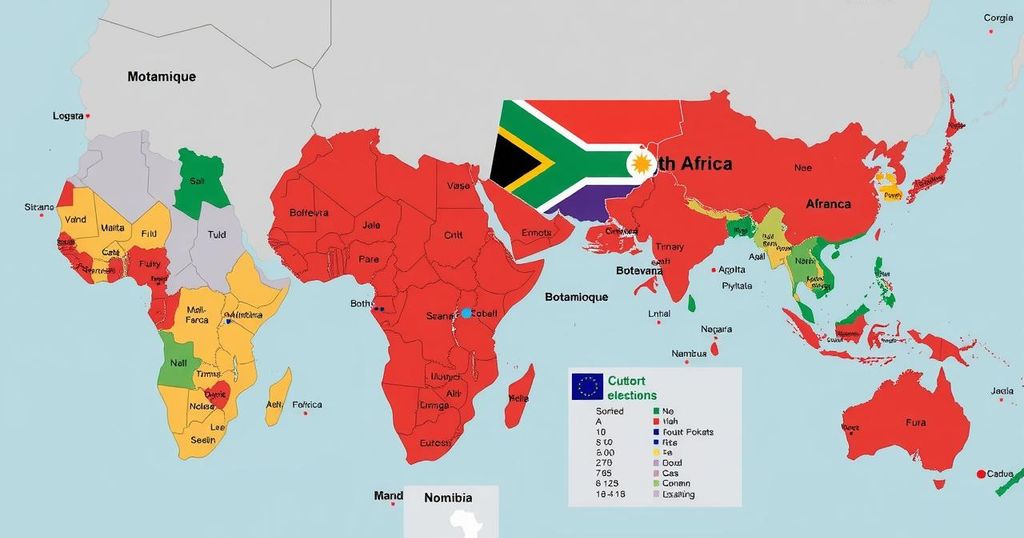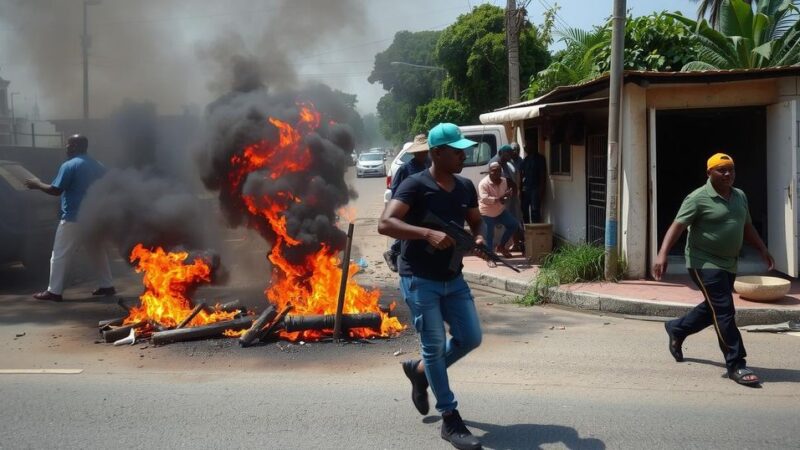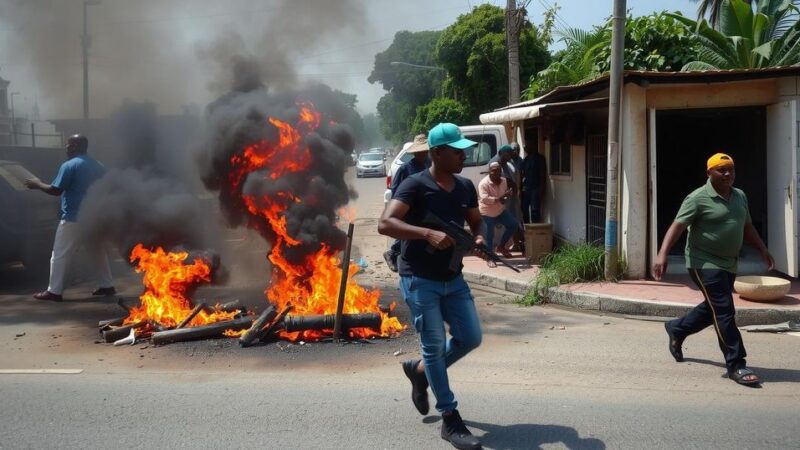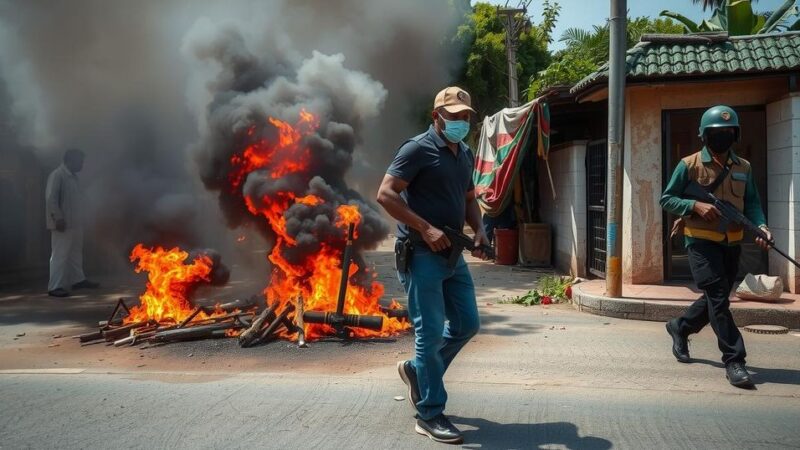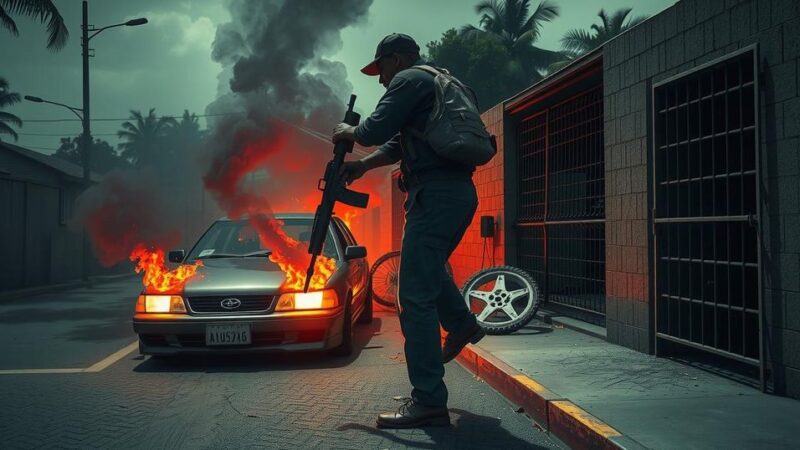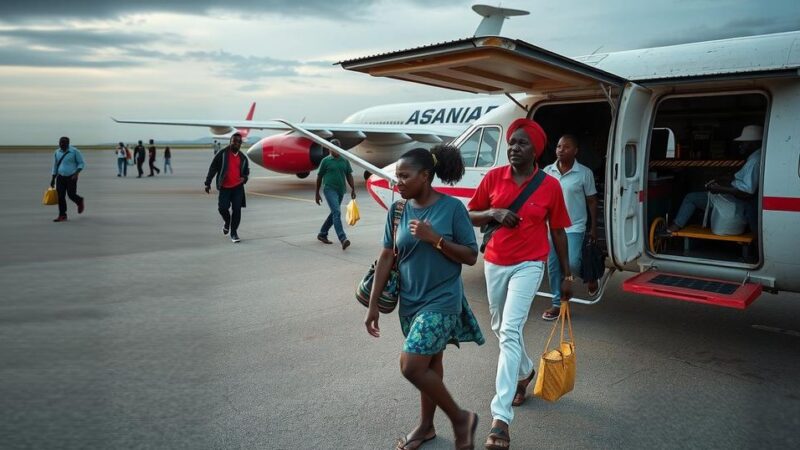The 2024 elections in Southern Africa indicate a decisive shift towards political renewal, with varying dynamics in South Africa, Mozambique, Botswana, and Namibia. The ruling ANC lost its parliamentary majority, leading to a coalition government, while Botswana’s UDC emerged victorious against the BDP, reflecting public dissatisfaction over economic issues. Mozambique’s Frelimo remained in power amid allegations of fraud, and Namibia reaffirmed SWAPO’s dominance despite calls for change. Overall, electorates are increasingly focused on socioeconomic concerns rather than historical liberation narratives.
The elections conducted in Southern Africa during 2024 have revealed significant yet varied responses regarding the political dynamics in countries such as South Africa, Mozambique, Botswana, and Namibia. Amidst a backdrop dominated by former liberation movements, the recent electoral outcomes underscore a potential shift towards a post-liberation era. In South Africa, a notable decline in the ruling African National Congress’s (ANC) majority led to the establishment of a coalition government, reflecting not only dissatisfaction with the ANC’s governance but also the emergence of alternative political parties that resonate with the electorate’s economic distress. Meanwhile, Botswana, a country with a robust political history of the Botswana Democratic Party (BDP), witnessed the opposition Umbrella for Democratic Change (UDC) secure a parliamentary majority, signaling a demand for accountability amid rising social inequality and economic challenges.
In contrast, Mozambique experienced a continuation of power by the Frente de Libertação de Moçambique (Frelimo), despite widespread allegations of electoral malpractices, reflecting the complicated relationship between historical political structures and contemporary citizen aspirations. In Namibia, the South West Africa People’s Organisation (SWAPO) maintained its grip on power, with the election of Netumbo Nandi-Ndaitwah offering a glimpse into the complexities of gender representation amidst an enduring political legacy.
Embedded within these electoral narratives is a broader call for renewal; electorates in Southern Africa are increasingly prioritizing socioeconomic issues over historical narratives of liberation. The discontent stemming from high unemployment rates and growing inequality necessitates that incumbent governing parties rise to meet the contemporary demands or risk losing their political foothold.
The 2024 elections in Southern Africa have positioned the region’s political structures at a crossroad, revealing distinct trends toward potential political change within historically rigid systems. Countries like South Africa and Botswana are navigating a cycle of democratic transition characterized by heightened public demand for accountability and economic reform, while Mozambique and Namibia continue to grapple with the legacies of liberation movements struggling to resonate with modern citizen demands. Amidst these transitions, the historical context of each nation reveals the complexities of governance shaped by varied socioeconomic landscapes and political histories, highlighting the imperative for a responsive approach from ruling parties addressing the new electorate’s aspirations.
The 2024 electoral outcomes across Southern Africa signify a critical juncture in the region’s political trajectory. As former liberation movements attempt to adapt to rising public demands for change, voters increasingly emphasize the need for economic development and social equity over historical struggles for independence. Consequently, the prevailing expectation for these governments is not only to uphold their past legacies but to effectively address the contemporary challenges of unemployment, social injustice, and corruption that define the electorate’s current priorities.
Original Source: www.fairobserver.com

